May 2025 NRL Competition
Denver Precision works with Wheat Ridge High School to compete in NRL at CCIC
Denver Precision works with Wheat Ridge High School to compete in NRL at CCIC
The diamond knurling pattern is quite popular in various applications, including mechanical parts, firearms, and automotive components, where a textured surface is necessary for better control or safety.
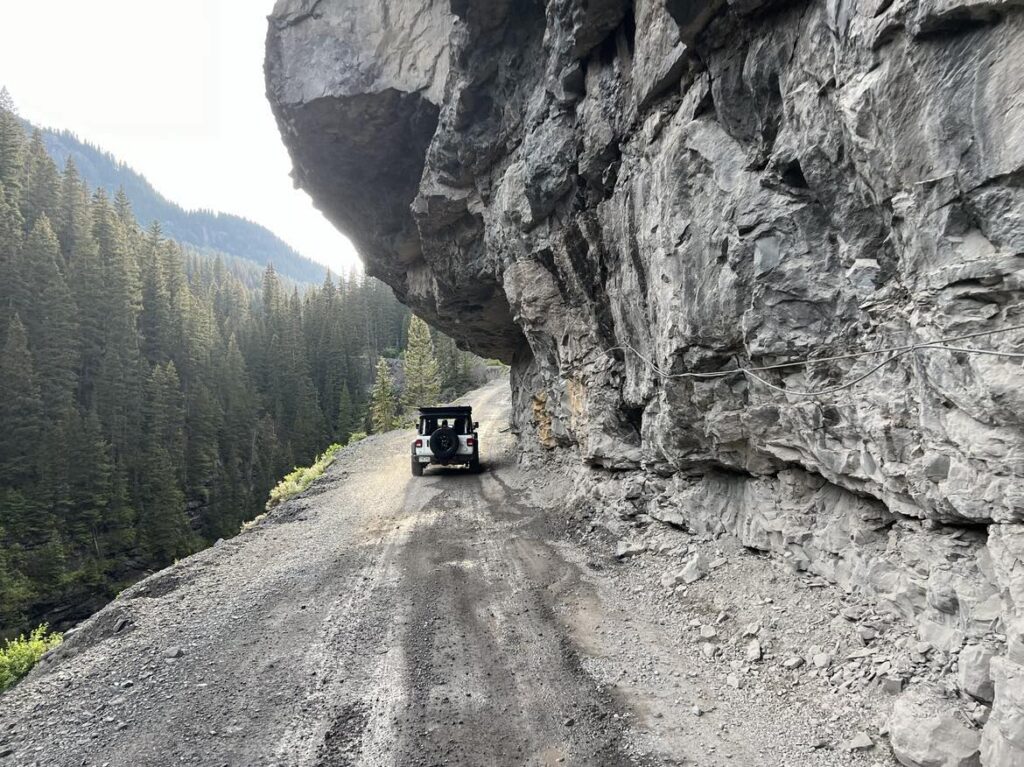
Nestled in the heart of the San Juan Mountains, Ouray, Colorado, is often referred as “Little Switzerland of America.” This picturesque town offers some of the most challenging and scenic off-road trails in the United States. From the precision driving required on treacherous jeep trails to the careful maintenance and customization of vehicles, jeeping in Ouray is a testament to both adventure and skill. Many people may find parallels between jeeping and Swiss machining industry as well.
The Intersection of Adventure and Craftsmanship
Jeeping in Ouray beautifully blends the thrill of adventure with the meticulousness of craftsmanship. It’s an activity that requires a harmonious balance of technical skill, detailed preparation, and a deep appreciation for the natural world. Every trip up a mountain pass is not just a journey of adrenaline but a demonstration of the jeepers’ dedication to their craft.
The Art of Swiss Manufacturing
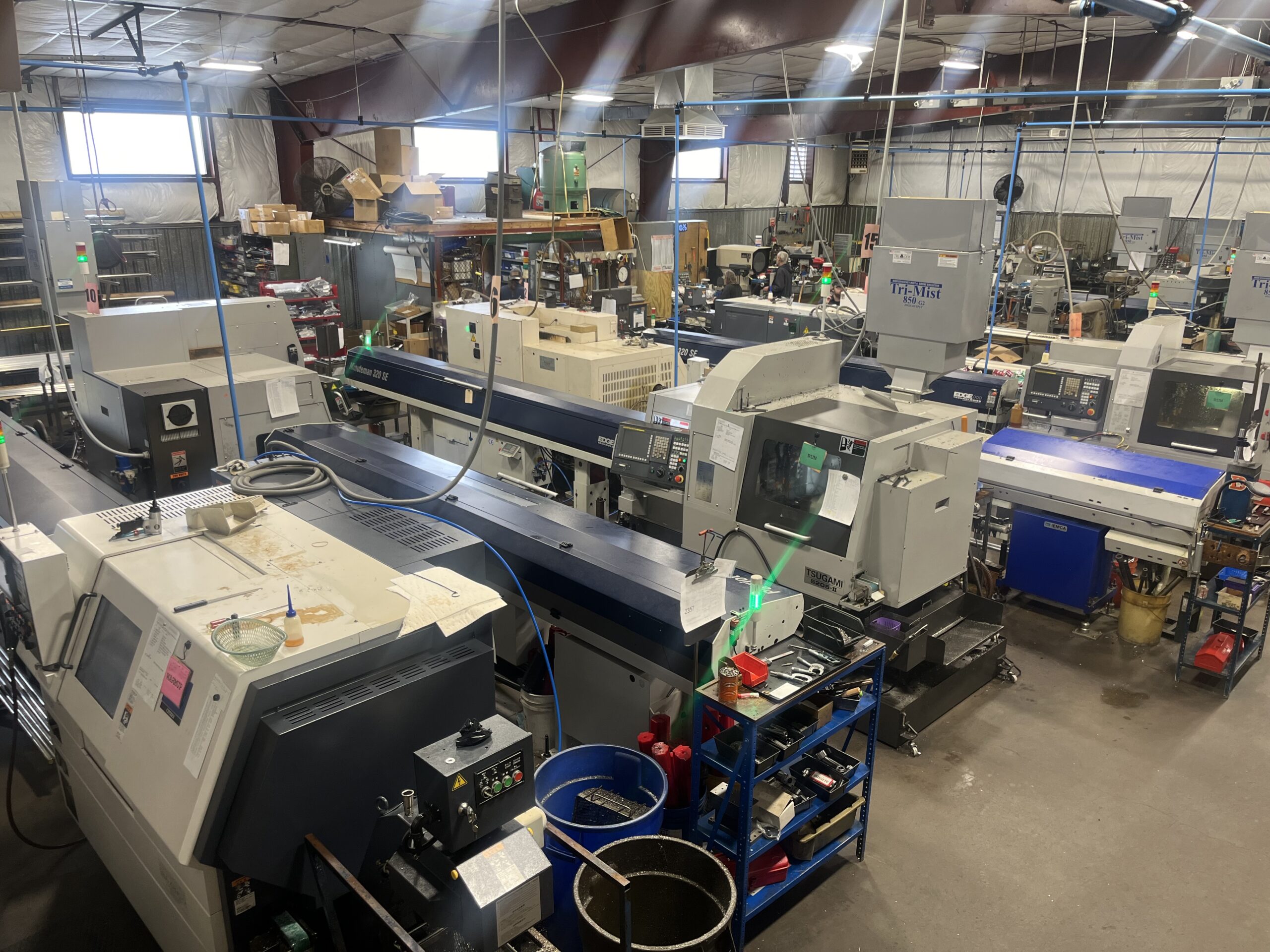
Precision Engineering: Swiss Machines were made for the watch industry and now have a large market for the medical industries and more. Cycle times are reduced and accuracy is increased. Swiss machinists are known for their meticulous attention to detail, ensuring each product meets the highest standards of quality and reliability.
Conclusion
Jeeping in Ouray and Swiss Manufacturing, though distinct in their practices, share a core philosophy centered on precision, craftsmanship, and a passion for excellence. Both pursuits offer unique challenges and rewards, whether navigating the rugged trails of Ouray or crafting a Swiss timepiece with unparalleled accuracy. Embracing the adventure and dedication in each can lead to a deeper appreciation for the art of precision and the thrill of exploration. I implore you to give jeeping a try, and you can tour our shop for a taste of Swiss Manufacturing.
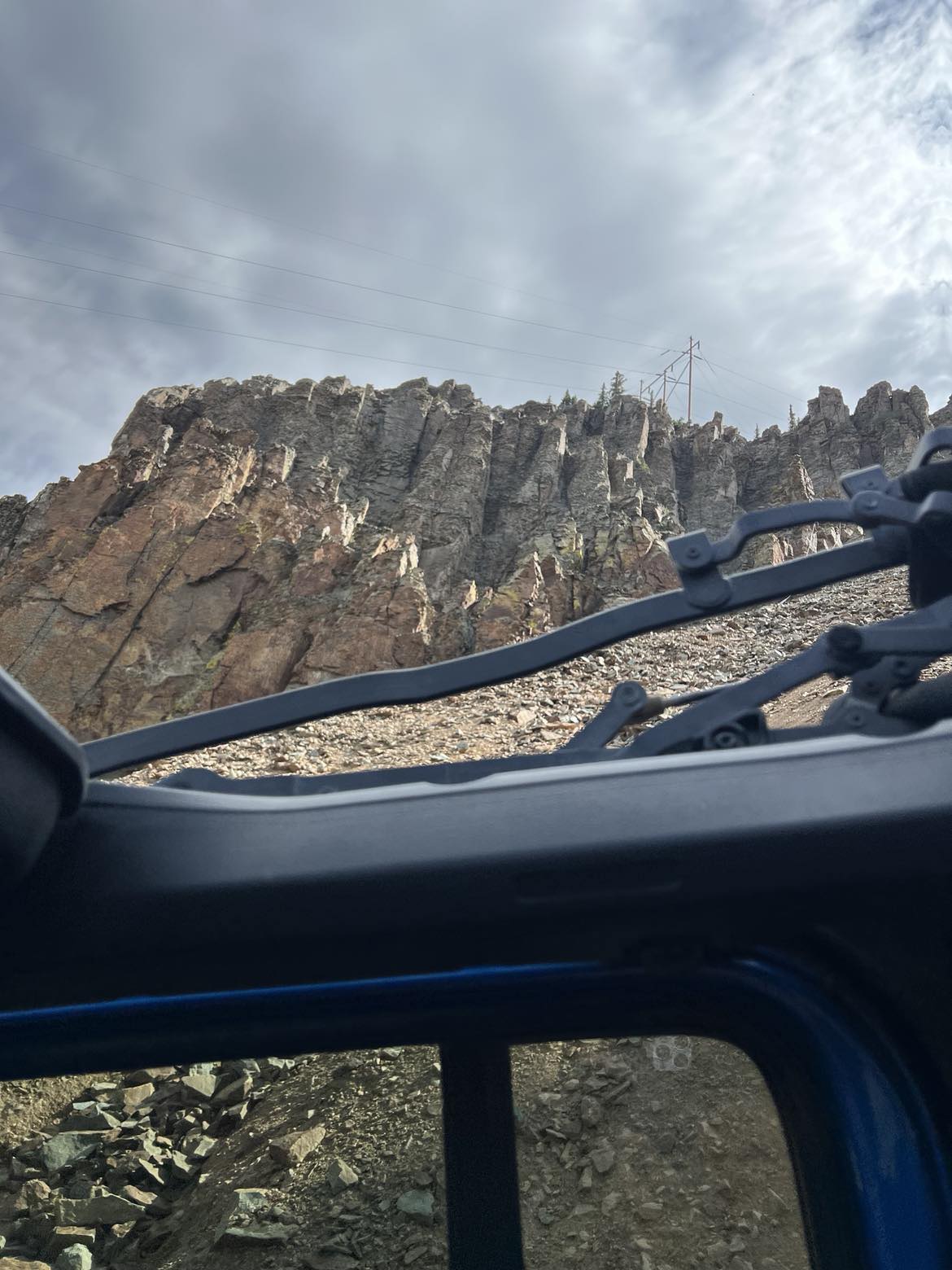
Ouray, Colorado 2024
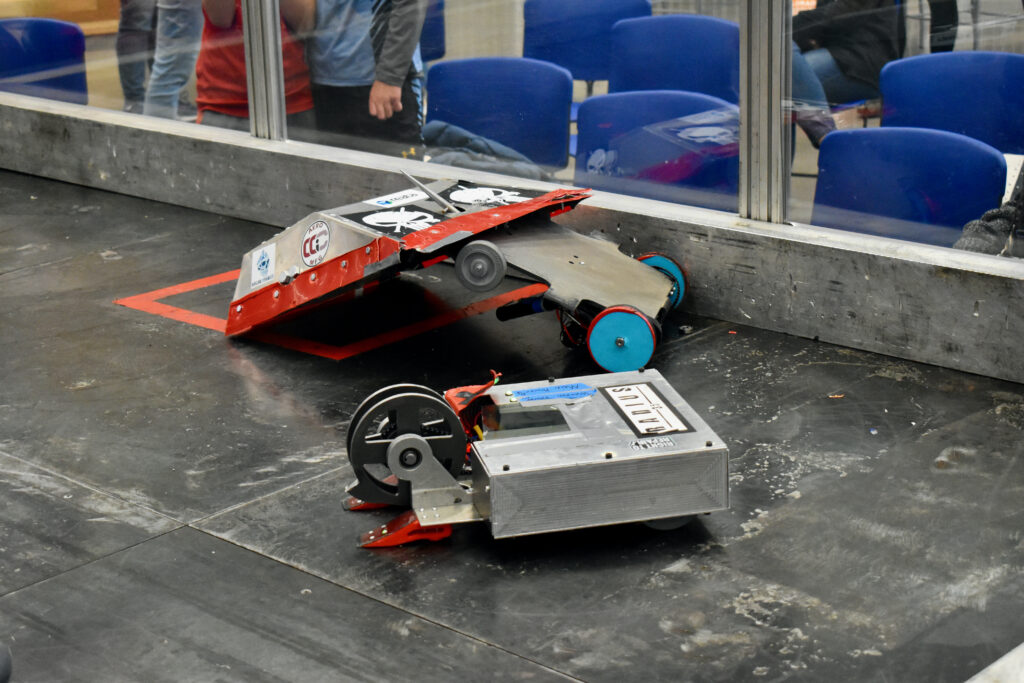
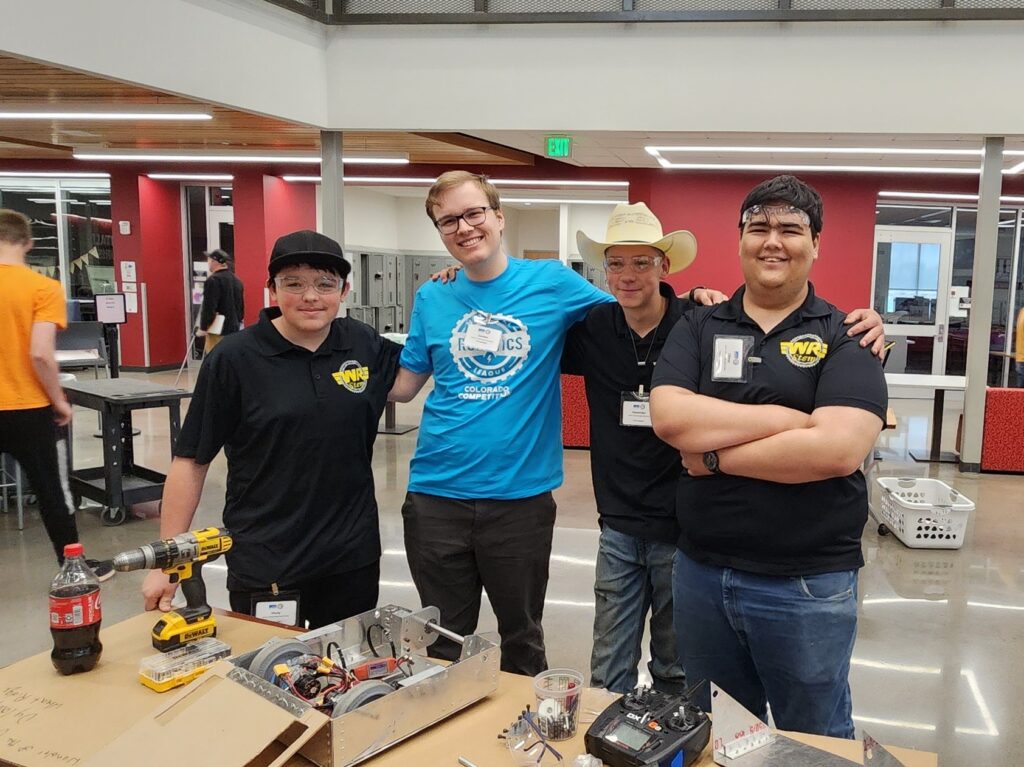
NRL Colorado builds on the success of robotics programs in our community and makes a direct tie to careers for the next generation — careers in manufacturing. By formalizing ties between schools and industry advisors, students gain a better understanding and become enthusiastic about the career possibilities in manufacturing.
Students design and build 15-lb remote controlled robots to face-off in a gladiator-style competition. Through the manufacturing process of bot building, students’ imaginations are captured as they design, build and compete with their own robotic creations. Students gain practical knowledge of Science, Technology, Engineering, and Math (STEM) – all essential skills for manufacturing.
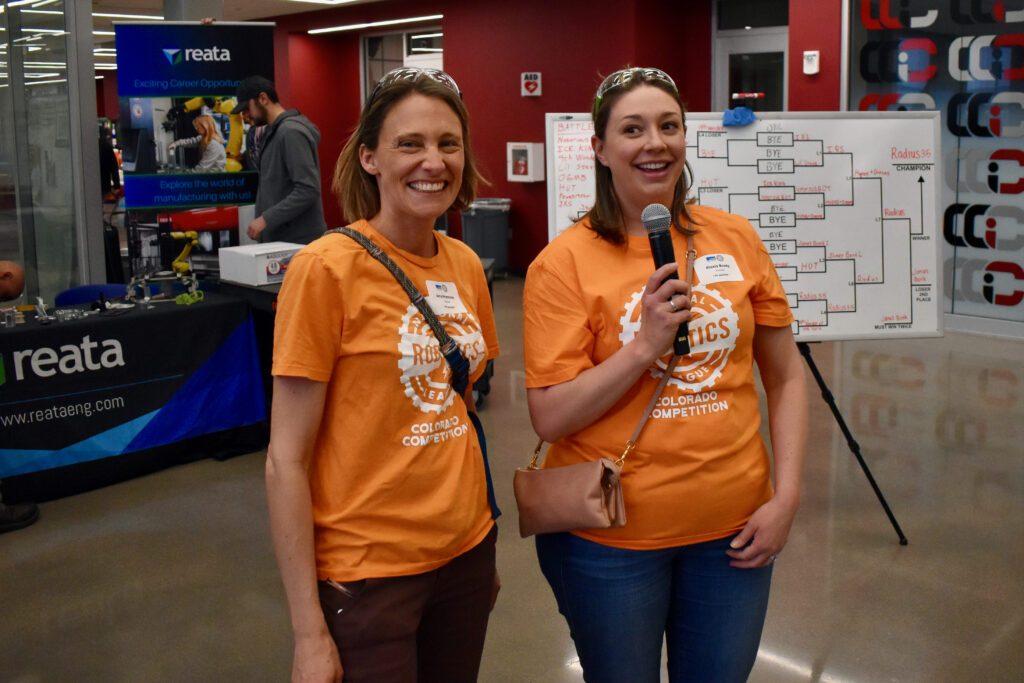
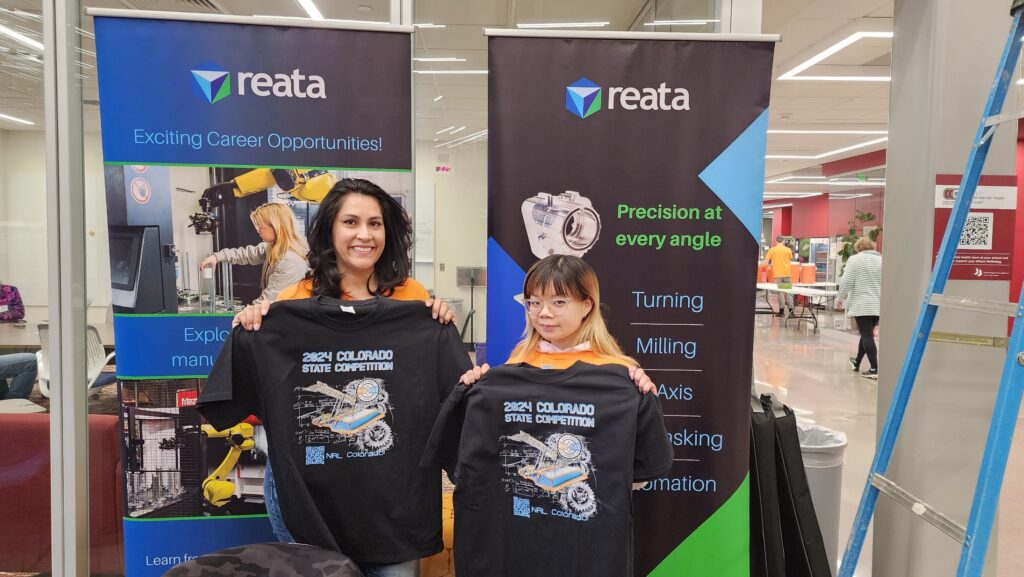
This year’s competition was on April 6, 2024 and was co-chaired by RMTMA members: Amy Primrose (Denver Precision) and Christina Collette (Reata Engineering). The competition included Cherry Creek Innovation Campus (Reata Engineering), Horizon High School (Zimmerman Metals), EPIC Campus (Accu-Precision), Wheat Ridge High School (Denver Precision Products).
For the first time in NRL Colorado history, we had a tie. Two awards plus $500 to each school were awarded to Wheat Ridge High School (Denver Precision Products) and Horizon High School (Zimmerman Metals).

In the world of machining, precision, skill, and resilience are paramount. Each day, machinists work with various materials, from metals to plastics, shaping them into precise components for an array of industries. This trade requires not only technical expertise but also a mindset geared toward overcoming challenges. A relevant quote by D.H. Lawrence offers profound insight into the mental fortitude needed in this field:
“I never saw a wild thing sorry for itself. A small bird will drop frozen dead from a bough without ever having felt sorry for itself.” — D.H. Lawrence
This quote encapsulates a vital lesson for machinists and professionals in any trade: the importance of perseverance and the futility of self-pity.
Machining is an art that demands exactitude. From the initial blueprint to the final product, each step requires meticulous attention to detail. Even the slightest error can render a component unusable, leading to wasted time, materials, and effort. It’s a profession where the margin for error is minuscule, and the need for concentration is immense.
Consider the task of creating a complex part for an aerospace application. The machinist must interpret detailed technical drawings, program CNC machines, and monitor the cutting process to ensure that every dimension is within tolerance. It’s a job that tests one’s patience and precision.
In such a demanding environment, setbacks are inevitable. Tools wear out, machines malfunction, and human errors occur. It is here that Lawrence’s words resonate deeply. Self-pity is a natural but counterproductive response to these challenges. Dwelling on failures can sap energy and focus, which are better directed towards finding solutions and improving processes.
Machinists, like the small bird in Lawrence’s quote, must carry on without succumbing to feelings of self-pity. Instead of lamenting a broken tool or a botched job, a skilled machinist will analyze the mistake, learn from it, and apply this knowledge to avoid future errors.
The best machinists embody a mindset of resilience and continuous improvement. They view each challenge as an opportunity to hone their skills and advance their craft. This mindset is essential not just for individual success but for the advancement of the field as a whole.
In practice, this means:
Machining is a demanding yet rewarding field that requires both technical proficiency and mental resilience. D.H. Lawrence’s quote serves as a powerful reminder of the importance of perseverance and the dangers of self-pity. By adopting a mindset of continuous improvement and unwavering determination, machinists can navigate the challenges of their trade with grace and skill, much like the small bird that faces the harshness of winter without a trace of self-pity.
In the end, it’s not just the precision of the cut but the precision of the mind that defines a great machinist.